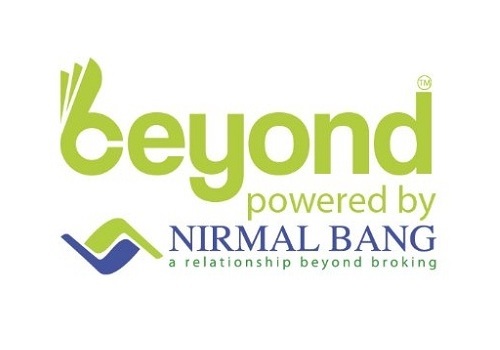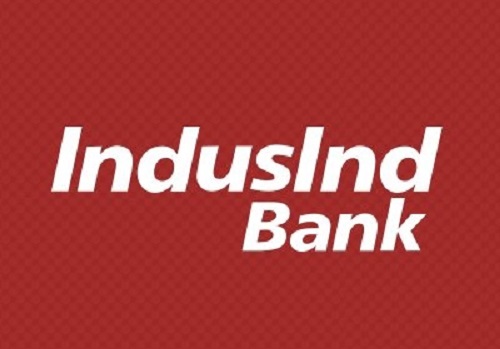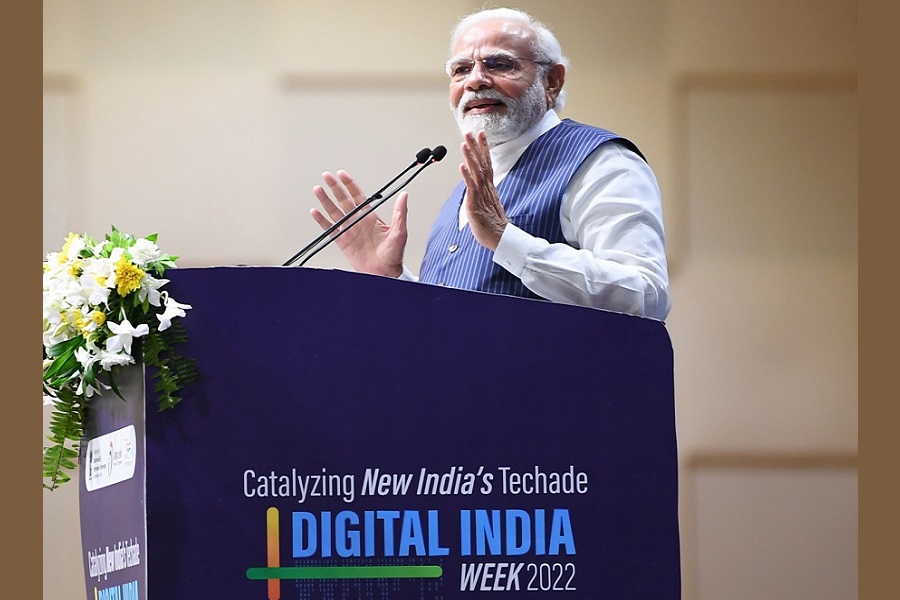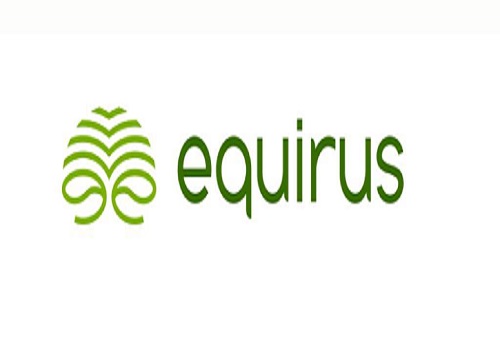PayU gets RBI`s in-principle nod to operate as payments aggregator

Digital financial services provider PayU on Tuesday announced that it has received in-principle authorisation from the Reserve Bank of India (RBI) to operate as a Payments Aggregator (PA) under the Payment Settlements Act, 2007.
This approval will now allow PayU to onboard new merchants on its platform.
"This license is pivotal in our mission to establish a globally renowned digital payment infrastructure rooted in India," PayU CEO Anirban Mukherjee said in a statement.
"Aligned with the government's Digital India initiative and the RBI's forward-thinking regulations, we are dedicated to driving digitisation and financial inclusion, particularly for small merchants," he added.
Moreover, the company said the RBI’s in-principle approval underpins PayU’s mission to build a world-leading digital payment infrastructure that originates from India, for India and the world, accelerating its next growth phase in the country.
Earlier this month, PayU partnered with US-based fintech company PayPal to enhance the cross-border payment experience for Indian merchants.
PayU provides payment gateway solutions to online businesses through its technology and has empowered more than five lakh businesses, including India’s leading enterprises, e-commerce giants and SMBs. It allows businesses to collect digital payments across over 150 online payment methods such as credit cards, debit cards, net banking, EMIs, BNPL, QR, UPI, wallets, and more.
























